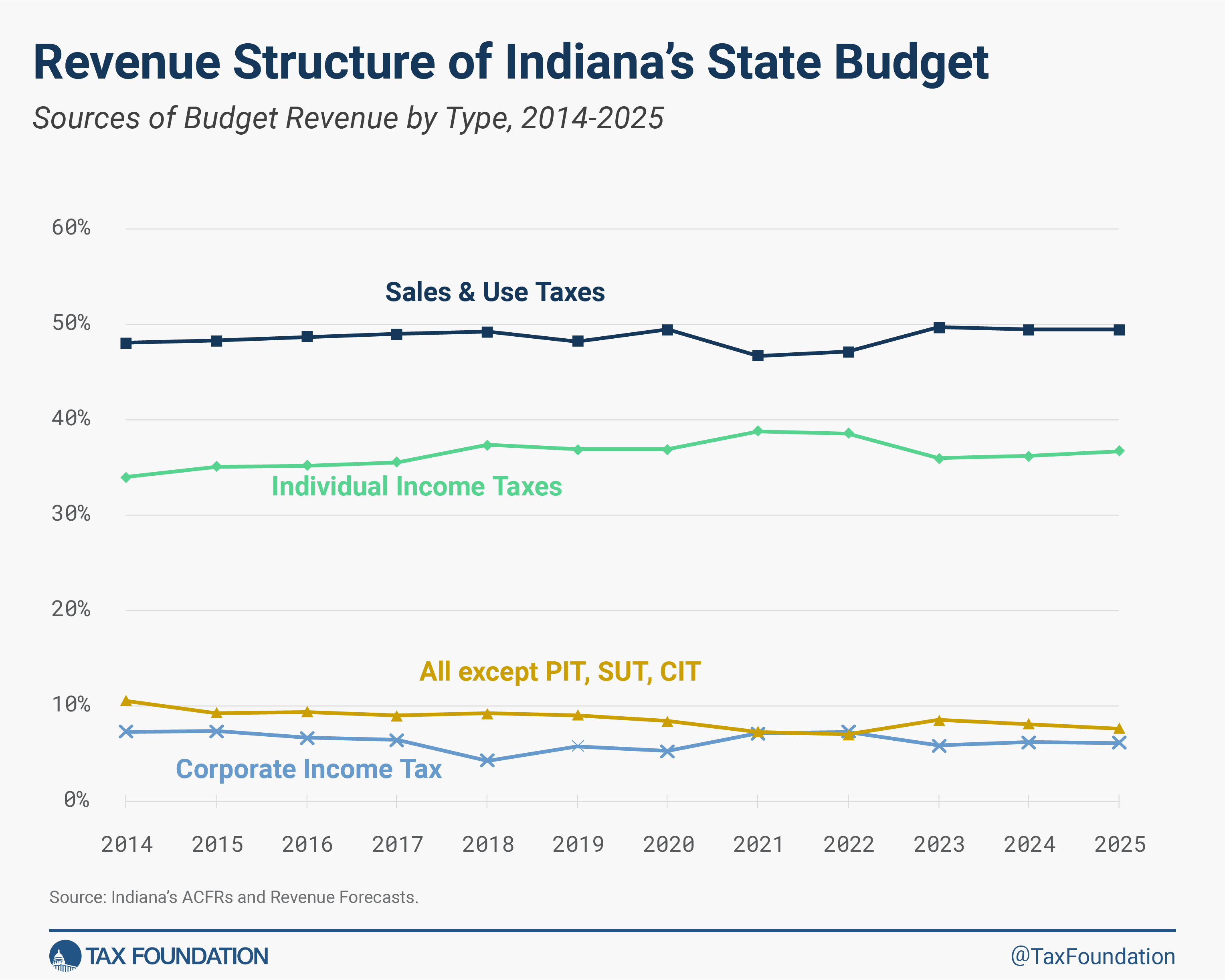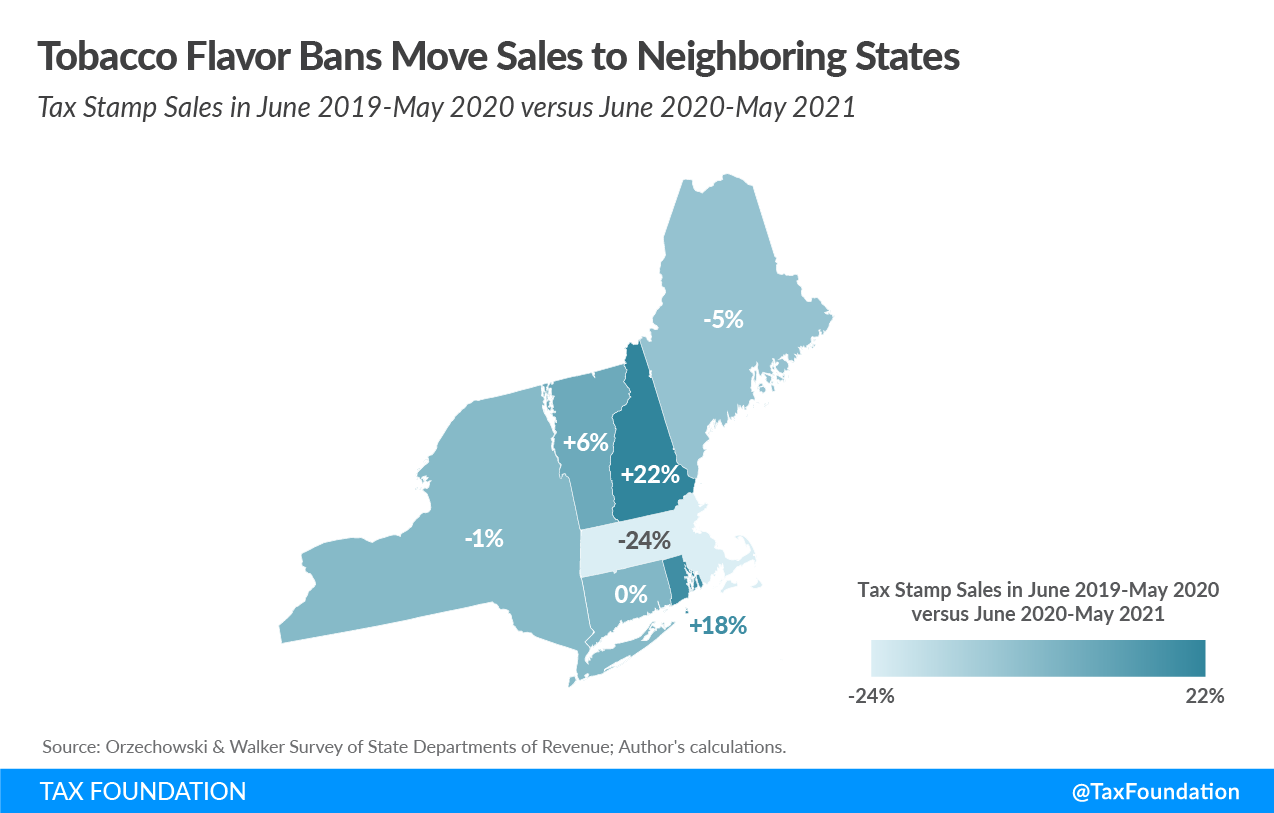Is your firm keeping pace? How AI is affecting audit
From a complex regulatory landscape to evolving client needs, it’s no secret that today’s tax and accounting firms are working amidst a changing profession—particularly when it comes to audit. In order to keep pace, firms must prioritize efficiency and take full advantage of the latest technology, such as artificial intelligence, to ensure a competitive advantage.
Jump to:
According to the Thomson Reuters 2023 State of the Tax Professionals Report, efficiency has re-emerged as a top priority, with technology and automation playing an important role in long-term strategic plans.
As has long been known, the right tax technology can propel your firm to the next level of cost reduction, automation, transparency, and overall operational efficiency. Couple that with the latest advances in AI, and auditors have an opportunity to significantly enhance risk identification and decision-making, which is invaluable in terms of efficiency and client advisory services.
How is AI affecting audit?
In the past, auditors have heavily relied on manual processes to uncover risks in financial statements and business operations. Although this approach has been somewhat effective, it is certainly time-consuming and susceptible to human error. The advent of AI is bringing about a transformation in auditing, empowering firms to leverage data analytics and machine learning for improved efficiency, accuracy, and profitability.
How? AI algorithms can swiftly analyze extensive datasets and detect patterns, anomalies, and potential risks at an unprecedented speed. This allows auditors to shift attention to more complex and strategic work, like interpreting results and offering experience-based insights to clients.
In addition, AI opens the door to predictive analytics, aiding auditors in anticipating potential risks and trends based on historical data. This proactive approach enhances the process of risk identification and decision-making, providing a more comprehensive understanding of the financial landscape.
The capability to continuously learn from your audit workflow and interactions empowers the AI and machine learning algorithms to adapt to changing industry regulations. This adaptability makes AI tools progressively sophisticated over time, a powerful ability for a profession that is constantly evolving.
Gathering support for AI technology
If your firm is serious about investing in AI technology for audit, you’ll need to gather support. Take the time to understand what’s relevant to key stakeholders, both from an individual and firm perspective.
Here are a few questions to consider:
1. Firm Perspective
- How will AI technology mitigate risk for the firm?
- How will AI technology save the firm money?
- How will AI investment aid in the firm’s growth?
- Why is AI technology so important to the firm?
When framing the conversation with partners, drive home the point that AI technology delivers value through data-driven risk identification and meaningful insight from the wider audit community. AI can identify risks related to your engagement and show what other auditors have done in similar situations thus ensuring you’ve considered all risks when completing your audit.
2. IT Perspective
- How does AI technology integrate within the firm’s existing systems?
- What is the role of IT in the implementation of AI technology?
- What is the role of IT in the maintenance of the AI technology platform?
When framing the conversation with your IT department, focus on the fact that your technology provider will handle the majority of the implementation, maintenance, and updates of the platform, freeing IT to dedicate time and resources toward maintaining tax data and responding to audits and errors at the transaction level.
Perhaps most importantly, AI audit technology works in tandem with your firm’s existing processes, providing real-time insights without requiring a complete overhaul of your workflow.
3. Legal Perspective
- What are the terms and conditions of the Master Services Agreement (MSA) contract with the technology provider?
- What clauses are outlined in the MSA?
- How is the firm protected if something goes wrong?
- Does the firm have an MSA with your vendor currently?
When working with Legal, be prepared for technical questions and connect your team to your technology provider as needed to iron out any legal concerns.
Choosing a technology partner you trust
Select a technology partner to act as a trusted advisor for your firm and to help implement your long-term vision for change. The wrong tech vendor can be disastrous, so answer these important questions before making your selection.
- Does this vendor have experience in your industry?
- How are the vendor’s communication practices? If you can’t say “Great!” – move on.
- Does this vendor have a top-tier support team?
- Is the vendor committed to transparency?
- Does this vendor have satisfied current customers?
Ready to transform audit with AI?
With the role of AI growing within the tax and accounting field, it’s becoming a critical tool in successfully navigating the complexities of today’s business environment.
Explore how to unlock the benefits of AI in audit without disrupting core processes and priorities with our white paper, Finding an advantage at the edge: What AI can do for auditing.
Want to learn more about the changing audit landscape? Download our white paper, 3 Keys to the Future of Audit, and discover the pillars defining the future of auditing.






